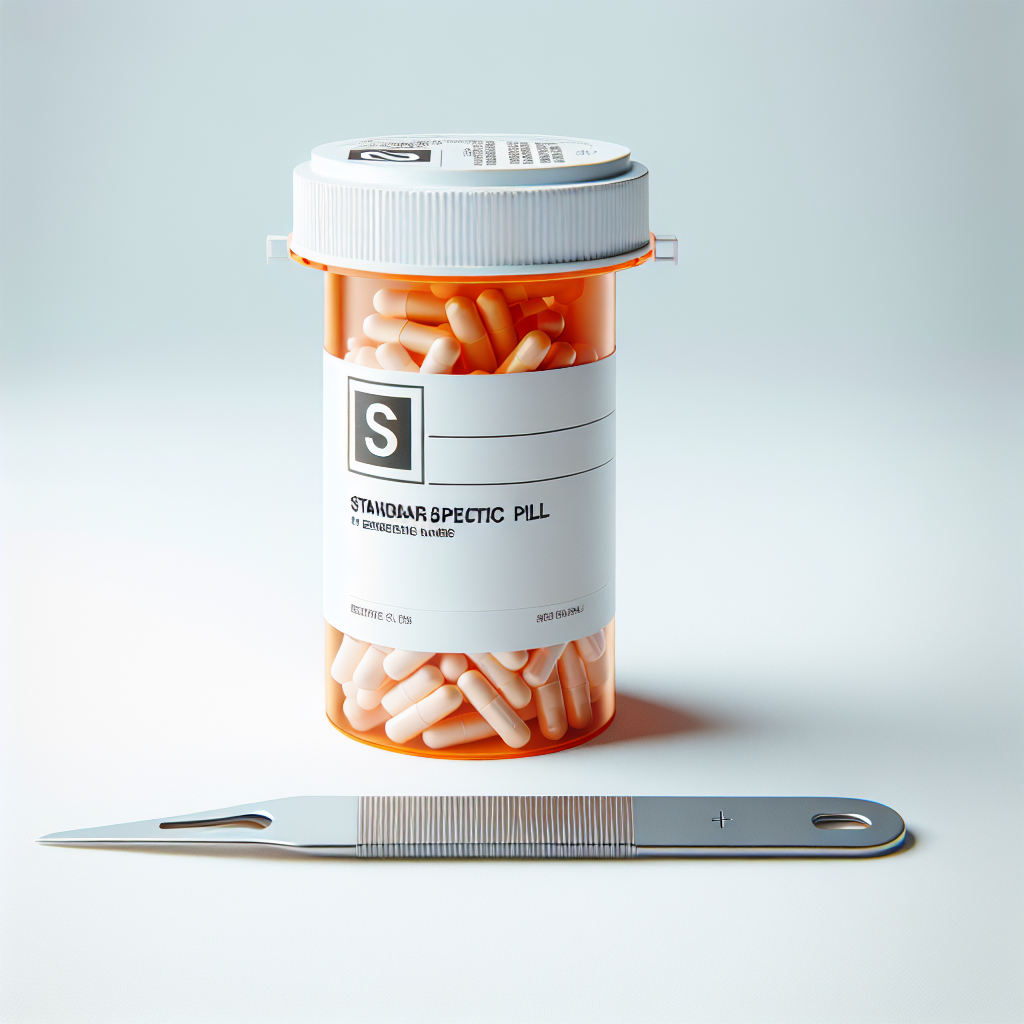The European Medicines Agency has issued a warning urging individuals taking weight loss drugs such as Wegovy and Zepbound to inform their doctors ahead of any scheduled surgery. This advisory follows concerns raised by the agency’s Pharmacovigilance Risk Assessment Committee (PRAC) about potential respiratory complications during surgery for patients on GLP-1 treatments.
The PRAC recommends implementing new measures to mitigate the risk of complications. GLP-1 drugs, used for diabetes and weight loss, mimic a hormone that regulates blood sugar and suppresses appetite. Novo Nordisk, the maker of Ozempic and Wegovy, and Eli Lilly, which produces Mounjaro and Zepbound, lead this market.
Patients on GLP-1 medications face risks such as aspiration and pneumonia aspiration when under anesthesia and deep sedation. These conditions can occur if food or liquids are accidentally inhaled instead of being swallowed properly. They are also at risk if stomach contents move back to the throat.
The PRAC highlighted that aspiration and pneumonia aspiration complicate between one in 900 to one in 10,000 general anesthesia procedures. Since GLP-1 drugs delay stomach emptying, food might still be present in a patient’s stomach even after fasting the night before surgery, posing a “biologically plausible increased risk for aspiration.”
While the PRAC did not establish a direct causal link between GLP-1 drugs and aspiration, they advise healthcare professionals to consider the effects of GLP-1 medications combined with anesthesia. Consequently, the product information for these drugs will be updated to include a warning of this risk.
Morgan Stanley analysts predict the global market for these drugs will reach $105 billion by 2030, up from a previous projection of $77 billion. They also expect the adoption of these drugs to reach about 31.5 million people in the U.S., approximately 9% of the nation’s population, by 2035.
